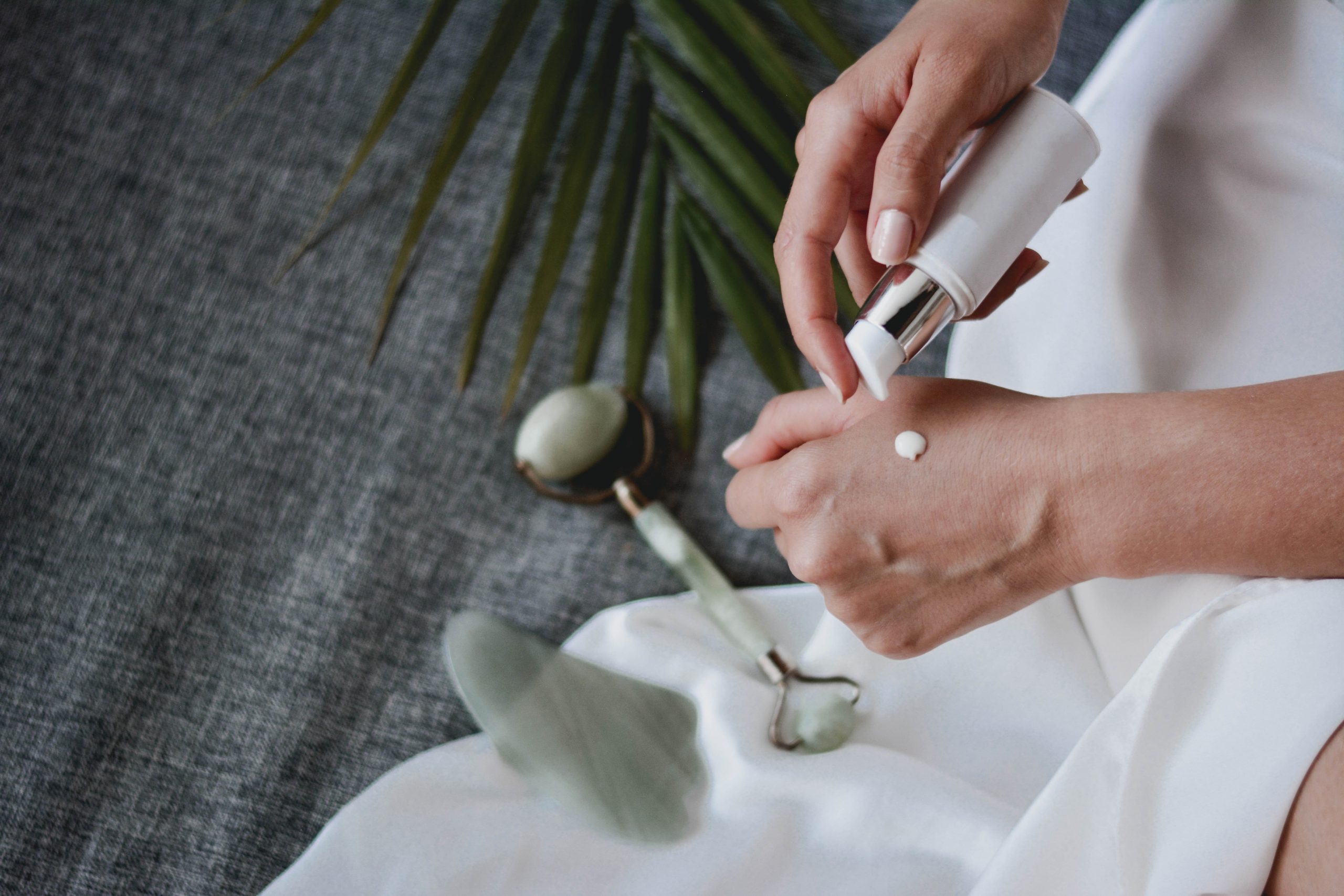Are you experiencing flaky or itchy skin? Do you live in a dry climate environment? Dry skin, also known as xerosis, is a common skin condition characterized by skin that is dry, flaky, and itchy. It occurs when the skin loses moisture and natural oils, which can be caused by factors such as cold or dry weather, hot water, harsh soaps or detergents, and certain medical conditions or medications.
Dry skin can occur anywhere on the body but is often more common on the arms, legs, hands, and feet. In some cases, dry skin can lead to complications such as eczema, infections, or other skin conditions. If you experience these skin issues, we recommend following these steps to help you skin!
- Use a gentle cleanser: Use a mild, fragrance-free cleanser to avoid stripping your skin of its natural oils. Avoid hot water, which can further dry out your skin.
- Moisturize frequently: Apply a moisturizer immediately after bathing or showering, when your skin is still damp. Choose a moisturizer that is thick and contains ingredients like ceramides, glycerin, or hyaluronic acid, which help to lock in moisture.
- Protect your skin from the sun: Wear sunscreen with an SPF of 30 or higher every day, even during the winter months.
- Use a humidifier: A humidifier can add moisture to the air, which can help keep your skin hydrated.
- Avoid hot showers and baths: Hot water can strip your skin of its natural oils, making it more prone to dryness.
- Avoid harsh soaps and detergents: These can strip your skin of its natural oils, making it more prone to dryness.
- Drink plenty of water: Staying hydrated can help keep your skin healthy and hydrated.
- Consider seeing a dermatologist: If your dry skin persists despite these measures, it may be a sign of an underlying skin condition that requires medical treatment. Utah Dermatology & Medical Spa to see what major skin issues may be occurring.
We all know dry skin can be uncomfortable and even painful at times, but there are many effective ways to treat and prevent it. By following a regular skincare routine that includes moisturizing, avoiding harsh products, and staying hydrated, you can help keep your skin healthy and hydrated. Additionally, incorporating lifestyle changes such as adjusting your diet and avoiding hot showers can also make a significant difference in your skin’s moisture levels. Remember to consult with a dermatologist if you have persistent dryness or any concerns about your skin’s health. With the right care and attention, you can maintain smooth, supple, and healthy skin even in the driest of conditions.


